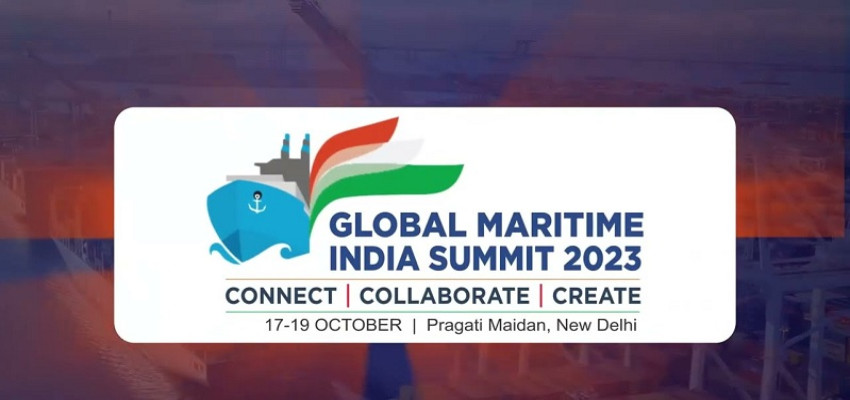
Government likely to ease Cabotage rules at Global Maritime India Summit 2023
NEW DELHI : The Union government is in the final steps of coming out with new rules for coastal shipping, under which foreign vessels will be allowed to operate in Indian coastal waters, effectively lifting the current Cabotage rules.
“The new rules (for coastal shipping) will be announced by Prime Minister Shri Narendra Modi and Shipping Minister Shri Sarbananda Sonowal at the Global Maritime India Summit 2023,” a senior government official said.
He added that with the new norms for coastal shipping, the government is looking to increase the share of cargo movement through the coastal route, while also protecting the interest of local shipping lines.
“The new norms have been made in consultation with the Indian shipping industry and offer an opportunity for all parties to grow,” the official said.
Towards lower logistics costs
Another official aware of the ongoing discussions said that the new norms for coastal shipping are in line with the government’s policy of reducing logistics costs in the country.
“The aim of the new coastal shipping rules is to increase the share of cargo movement through coastal shipping to around 10 percent from the current 7 percent by 2025,” the second official said. He added that by 2030 the government aims to transport around 15-18 percent of India’s cargo through coastal shipping.
Currently, cabotage rules, which govern coastal shipping in India, allow Indian registered ships to ply on local routes carrying cargo.
Cargo and foreign ships are allowed only when no suitable Indian flag vessel is available to do the same, after obtaining a licence from the DG Shipping.
Promoting transshipment
Another official from the Ministry of Commerce said that the new coastal shipping norms would promote the development of transhipment hubs in India.
“The new coastal shipping norms will help make the upcoming Rs 41,000-crore international container transhipment port, which will come up in the Galathea Bay of the Great Nicobar Island, a major hub for international cargo and also promote the economy of the Andaman and Nicobar Islands,” the official said.
Currently, about 60 percent of India’s exports and import containers are transshipped through ports such as Singapore and Colombo.
Indian traders use the Colombo, Salalah (Oman), Singapore and Dubai hubs for shipments, adding to their costs.
This transhipment through ports outside the country involves not only huge expenditure but also an extra 7-10 days of transit time.
A long-pending demand
Ministries, including shipping and commerce, have been working on the proposal to lift cabotage rules for the last year at a time when shipping rates in the global market were high due to COVID-19 restrictions in China and containers being stuck at ports due to the Russia-Ukraine war.
Import Export (EXIM) traders and international shipping lines have been asking the government to do away with the cabotage rules for the last five years.
In 2018, the government allowed foreign carriers to transport EXIM containers meant for transshipment, and some empty containers, on domestic routes without a licence.
Ajay Sahai, DG of the Federation of Indian Export Organisations, said that these norms should be relaxed as they would increase competition among ports and improve efficiency in handling consignments.
States such as Gujarat, Kerala, and Andhra Pradesh have also asked for relaxation of the norms. The Container Shipping Lines Association (India), and Indian Private Ports & Terminals Association are also in favour of liberalising the rules.
However, the Indian National Shipping Association, a lobby group for local fleet owners, is not in favour of the move.
“Liberalisation of shipping rules is not in line with the government’s Make in India strategy,” the owner of a local shipping company said. He added that instead of inviting foreign carriers to operate on coastal routes, the government should promote the development of shipping lines in the country.
